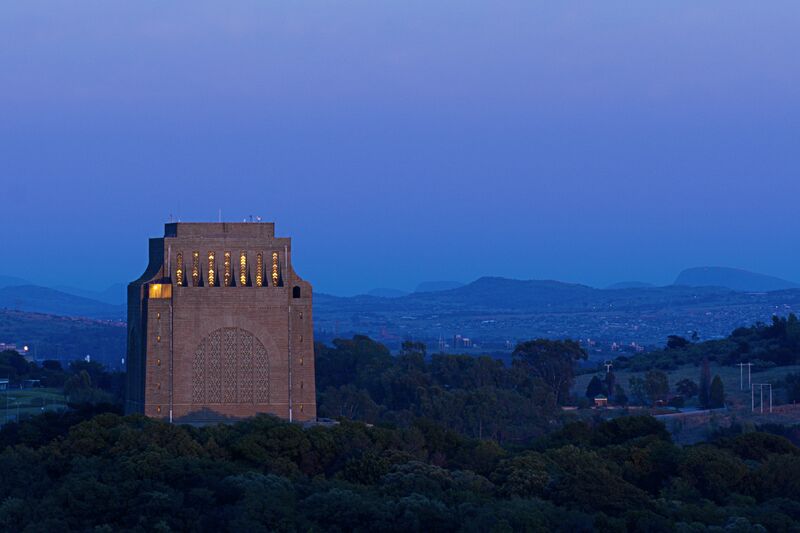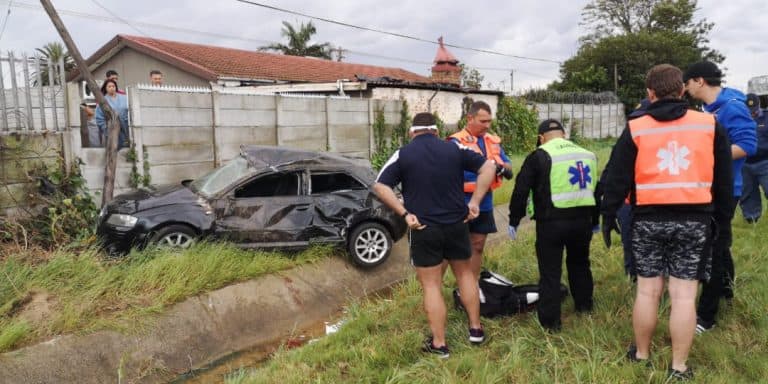AfriForum calls on communities to conserve and contribute to their own heritage
On the eve of Heritage Day, AfriForum calls on communities to accept responsibility for the conservation and expansion of their own heritage.
According to Alana Bailey, AfriForum’s Head of Cultural Affairs, several debates currently rage worldwide about the meaning of historical heritage, as well as how it should be interpreted and conserved. “The government’s proposed theme parks for statues serve as example in this regard. Heritage landmarks such as statues are being made the scapegoat for people’s contemporary problems and thereby specific communities are also being targeted. We need to know our history to prevent the ideological exploitation thereof for people’s own agendas, which undermines our appreciation for it. A strong stand must be taken against heritage being exploited in this way.”
Bailey emphasises that heritage encompasses both nature and culture. Cultural heritage in turn consists of material heritage, for example architecture, statues or furniture, and spiritual heritage, which includes everything from literature to even historiography, riddles and rhymes.
“When wanting to contribute to the conservation of our heritage, one does not have to focus exclusively on history, or even spend money. You can plant an indigenous tree or install an owl house, read an Afrikaans book or retell family anecdotes. People who feel more energetic can clean a heritage site, visit a museum or nature reserve. Many of the latter institutions offer special programmes for Heritage Day or Heritage Month, and by supporting them, their continued existence is ensured. The institutions also welcome people who want to get involved as volunteers to present such programmes.”
According to Bailey, it is essential that people realise that each generation is responsible for the legacy left by their ancestors and that it is our duty to preserve this heritage for generations to come. Furthermore, we need to supplement it with new elements we add to it. “It is a responsibility that we dare not neglect or leave to people who want to abuse it for their own gain,” she warns. “The future of our past is in our hands.”











